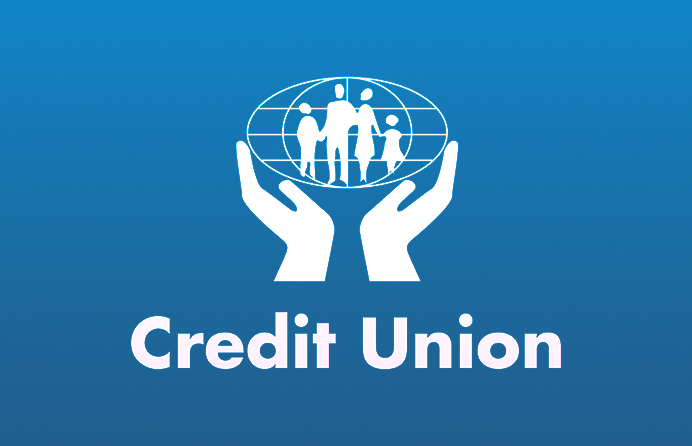
By Victoria Jun, 19, 2020 Private
A credit union is similar to a bank, however, the only difference between a credit union and a bank is that credit unions are established solely for the benefits of their members and not for profit-making. Hence, credit unions are non-profit marking financial institution that provides traditional banking services.
Credit unions can be formed by both large and small corporations. The size of credit unions also varies. We have the small credit union which comprises only of volunteers and the large credit unions with thousands of participants. The participants that make up the credit union are usually responsible for the creation and management of the union. Hence, decisions on how to run and manage the credit union is a collective one. Since credit unions are not created to make a profit, they benefit from the United States task exempt rule.
Credit union management follows a simple rule. The participants of the union contribute their money into the union – technically, they are buying a share in the corporation - so as to be able to provide loans for other members of the union. Credit unions also perform traditional bank functions like deposit accounts, loans, and other financial transactions. Any income generated from the shares invested in the union is used to promote the interest of the members of the union.
Membership Requirements For Credit Unions
In the early days, when credit unions were first created, memberships were limited to people of similar bonds. Perhaps working in the same industry or from the same community or background. However, in recent times, the membership of credit unions has been expanded to include the general public.
The major requirements for becoming a member of the union is to open an account with the union. Once you do, you become a member and a partial owner. As such, you can function in important decision-making processes such as voting of the members in the board of directors, sharing an opinion on the best way to run the union, and other decisions surrounding how the union will be run.
In a credit union, a member voting ability is not determined by how much he or she has in the credit union account. All members share equal rights.
In 2017, a study conducted by the National Credit Union Administration revealed that the membership of the federally insured credit union grew to 108 million.
Pros and Cons Of Credit Unions
Pros
- Credit union are exempted from paying corporate income tax on earnings
- Credit union operations are narrower than banks because they only have to generate enough money to attend to their members' needs.
- Since credit unions work with narrow margin than banks, this made it easier for them to pay higher interest rates on deposits while also charging lower fees for other services.
Cons
- Fewer bricks and, mortal locations than banks. This could discourage clients that are interested in in-person services.
- The credit union's technological budget is lower than that of established banks.
- Credit unions provide less financial choices
Tags: credit union A Bank bank BAC JPM
Share On Facebook Twitter Linkedin Whatsapp Telegram
Categories
Latest Post
- Nigeria Taps Global Markets with $2.25B Eurobond Sale
- Boeing Shares Rise as CEO Confirms China Deliveries to Resume Next Month
- STOCK SPOTLIGHT: UNION HOMES REAL ESTATE INVESTMENT TRUST (UHREIT)
- Nvidia Q1 2025 Earnings Report Summary
- 📉 U.S. Market Summary – May 28, 2025
- CBN Launches New Financial Tools to Boost Nigeria’s Non-Interest Banking Sector! ✨
- Market Watch: Key Updates as Wall Street Awaits Nvidia and Salesforce Earnings
- U.S. Equity Markets Rally as EU Tariff Deadline Is Extended and Consumer Confidence Surges
- Things to Know Before the U.S. Stock Market Opens
- What to Expect in the Markets This Week (May 27–31)

Start investing with Acorns today! Get $5 when you use my invite link: Z24WWE
